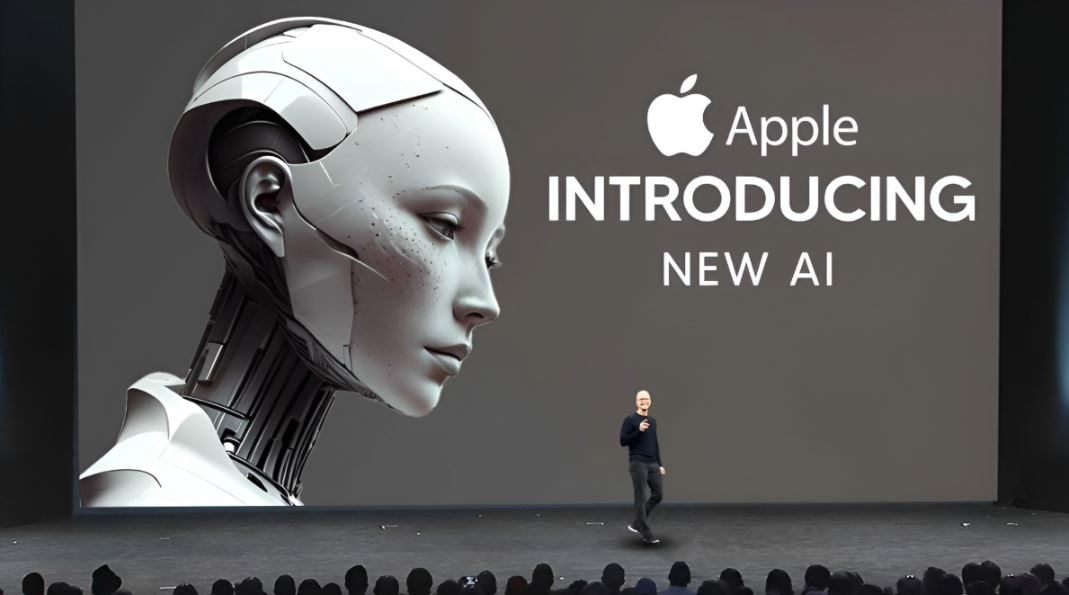While iPhone sales have slowed in recent months, Apple is banking on artificial intelligence (AI) to reignite consumer interest in its flagship product. According to the Wall Street Journal, the integration of generative AI features in the future iPhone 16 could be the growth engine long-awaited by the Cupertino company. Let’s delve into the details below!
Please follow us on Facebook and Twitter.
As highlighted in the Wall Street Journal article, the global smartphone market witnessed a 12% decline in the first quarter of 2024, and Apple was not exempt. Despite the successful launch of the iPhone 15 last September, iPhone sales plummeted by 2.5% during this period. Faced with this downward trend, Apple is seeking new levers to stimulate sales of its flagship product. Thus, the firm appears to be turning towards AI for its next model, the iPhone 16.
Generative AI: A Potential Asset for the iPhone 16?
According to reports from the Wall Street Journal, Apple is actively working on incorporating generative AI features into its upcoming iPhone 16 range, slated for release in September 2024. The aim is to provide users with novel experiences centered around generating text, images, or code. These features could automate tasks such as composing emails or messages, crafting personalized images for wallpapers or avatars, or facilitating rapid application development for developers.
A Next-Generation AI Assistant on the Horizon
Furthermore, as per the Wall Street Journal, Apple is also in the process of developing a next-generation AI assistant. This assistant, codenamed “Apple GPT,” would complement or potentially replace the current Siri. Capable of engaging in more natural conversations with users and addressing complex queries, it could seamlessly integrate with various Apple applications and services, spanning from the App Store to iMessage, Maps, or Music. This integration aims to offer users within the Apple ecosystem a more fluid and personalized experience starting from the iPhone 16.
Technical and Ethical Hurdles Ahead

However, to materialize these ambitious plans for the iPhone 16, Apple must surmount several challenges. Technically, the company must develop AI models efficient and effective enough to be integrated into mobile devices with limited resources. Additionally, it must uphold its stringent data confidentiality policy while ensuring that these features do not produce inappropriate or harmful content. Addressing these issues is pivotal for Apple, considering its commitment to user privacy and ethical AI practices.
Read Also: Demand for the iPhone in Free Fall According to Skyworks, an Apple Supplier
A Risky yet Imperative Endeavor
Despite the myriad challenges, Apple appears resolute in leveraging AI as a catalyst for iPhone growth, particularly with the iPhone 16. In the face of an increasingly competitive and saturated smartphone market, innovation is imperative for Apple to sustain consumer appeal. Successfully integrating useful and reliable generative AI features into the iPhone 16 could initiate a new upgrade cycle and reinvigorate sales of its flagship product. While the endeavor entails risks, it is indispensable for Apple to remain competitive amidst aggressive rivals in the AI landscape.





